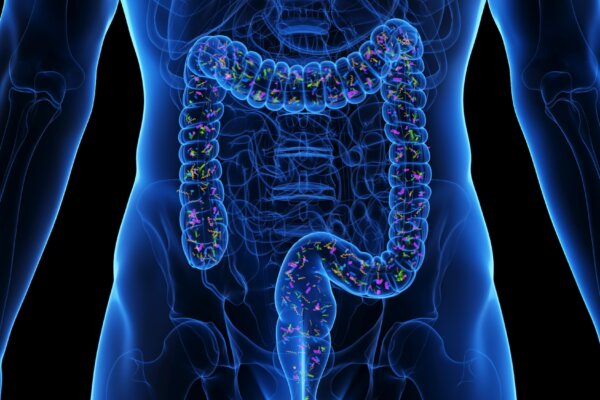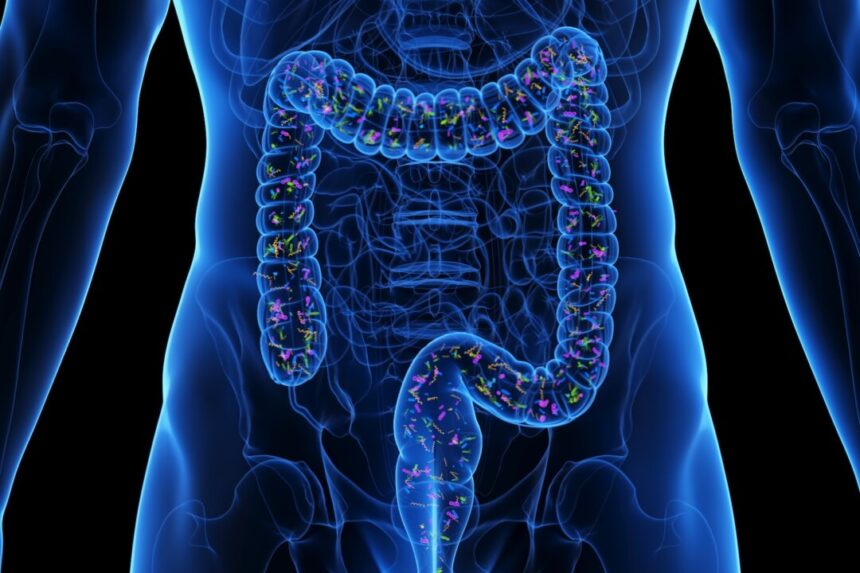
Recent research has uncovered “unhealthy” gut microbial patterns among organ recipients who died of various causes, especially cancer and infection.
Addressing these poor gut microbial signatures could potentially extend the lives of organ transplant recipients, according to a study published in the BMJ journal, Gut on July 9. The study identified specific patterns in the gut microbiome of individuals who passed away after receiving kidney, liver, heart, and lung transplants. These microbial signatures included diversity of microbes, richness of antibiotic-resistant genes, comparison to controls, and virulence factors associated with bacteria that can cause disease.
Individuals with “unhealthy” gut microbial signature patterns faced a higher risk of all-cause death, with infection and cancer being the most common causes. The study suggested that targeting the gut microbiome through therapies could potentially improve patient outcomes, although more research is needed to establish causal links.
Furthermore, the findings have implications beyond the organ transplant community, as microbial imbalances have been linked to various diseases. Few studies have compared gut microbiome data to long-term survival, making this study particularly significant.
Another study in Science Translational Medicine in 2022 found similar microbial patterns among individuals with end-stage liver or kidney disease before and after transplantation, with immunosuppressive drugs post-transplantation contributing to dysbiosis.
Researchers analyzed the microbial profiles of 1,337 organ transplant recipients and compared them to 8,208 gut microbiome profiles from the same geographical area in northern Netherlands. The study followed the subjects for 6.5 years, during which 162 organ recipients passed away, with infection, cardiovascular disease, and cancer being the leading causes of death.
The researchers identified 23 bacterial species that were associated with the risk of death, including Clostridium species, Hangatella Hathewayi, Veillonella parvula, Ruminococcus gnavus, Germigger formicilis, Firmicutes bacterium CAG 83, Eubacterium hallii, and Faecalibacterium prausnitzi.
These findings highlight the importance of maintaining a healthy gut microbiome for long-term survival, especially among organ transplant recipients.






